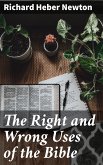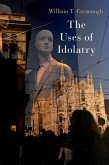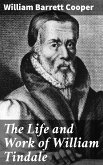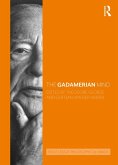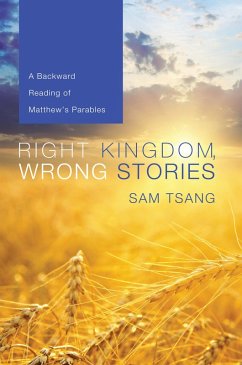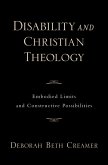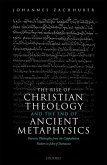In "The Right and Wrong Uses of the Bible," Richard Heber Newton offers a critical examination of the diverse interpretations and applications of Scripture within the context of 19th-century Christianity. The book is both a theological treatise and a moral guide, employing a scholarly yet accessible literary style that resonates with a wide audience. Newton navigates through the complexities of biblical hermeneutics, challenging readers to confront how cultural and historical contexts can distort the intended message of sacred texts. His nuanced analysis encourages a more informed and ethical engagement with the Bible, distinguishing between its empowering uses and those that perpetuate harm. Richard Heber Newton, an influential Anglican bishop and theologian, emerged in a period marked by significant social and religious upheaval. His educational background and clerical experience endowed him with a profound insight into the interplay between faith and societal issues. Motivated by a desire to promote a more compassionate understanding of Christianity, Newton's writings reflect his commitment to addressing the pitfalls of misguided interpretations that can alienate rather than unite. This book is essential for scholars, theologians, and lay readers alike who seek to deepen their comprehension of biblical texts in contemporary discussions. Newton's critical perspective invites us to reflect on our own engagements with Scripture, making this work a vital resource for fostering ethical discourse in both personal and communal faith experiences.
Dieser Download kann aus rechtlichen Gründen nur mit Rechnungsadresse in A, B, BG, CY, CZ, D, DK, EW, E, FIN, F, GR, H, IRL, I, LT, L, LR, M, NL, PL, P, R, S, SLO, SK ausgeliefert werden.



